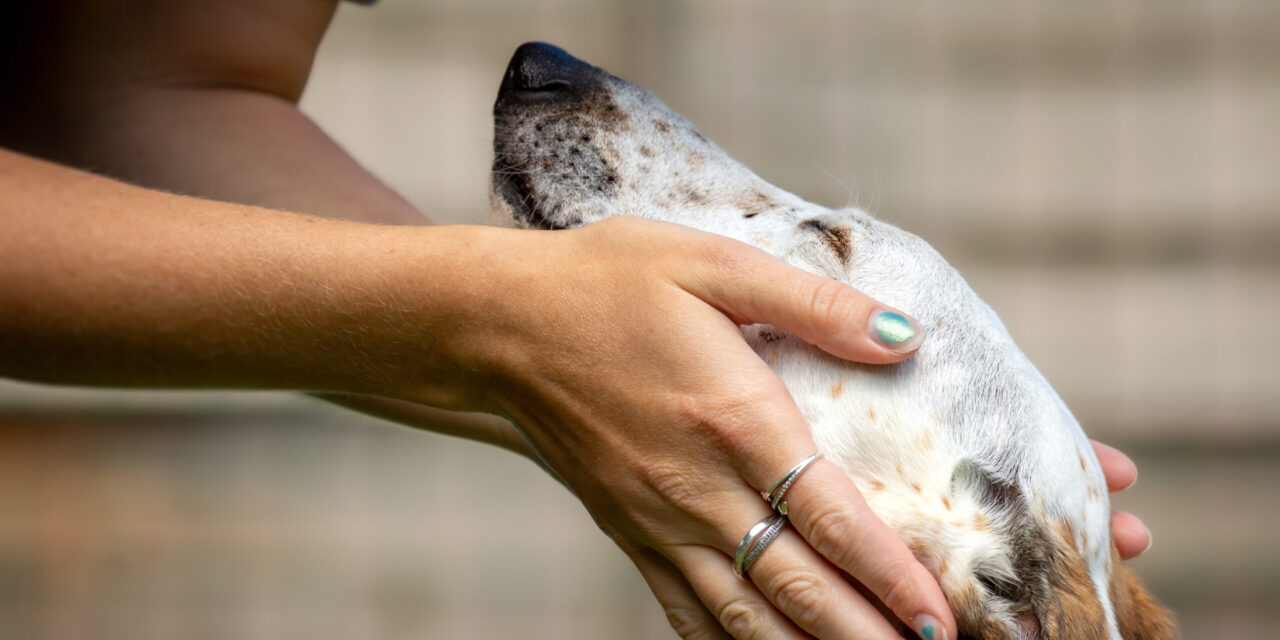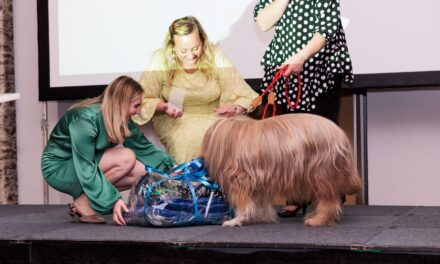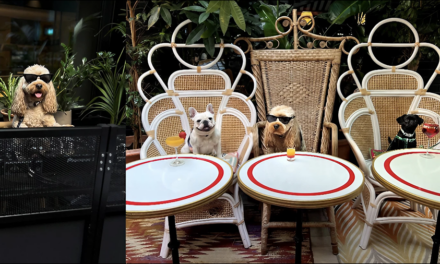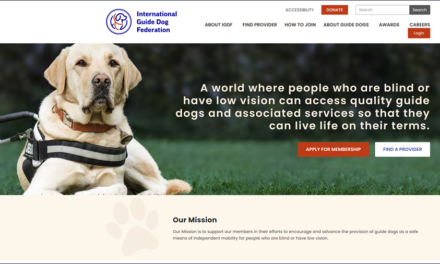The RSPCA is urging the public to adopt pets instead of buying, as its rescue centres are at capacity. The number of animals in private boarding has soared, costing the charity around £500,000 per month.
Celebrating its 200th anniversary, the charity faces an animal welfare crisis exacerbated by the cost of living crisis, with animals coming into its care faster than they are being rehomed.
Currently, over 1,400 animals are waiting in private boarding centres due to the lack of space in RSPCA facilities. In the first four months of this year, the RSPCA spent £2.1 million on private boarding for animals. Of this total, nearly £1.2 million was spent on kennelling dogs, as the dedicated RSPCA centres and branches were full. The charity currently has 1,441 animals in private boarding, costing approximately £125,000 per week. This includes 503 dogs, 126 rabbits, 201 cats, 285 horses, 58 exotic animals, and 126 farm animals.
Karen Colman, Head of Animal Logistics and Welfare Oversight at the RSPCA, highlighted the crisis: “Our rescue and rehoming centres are at breaking point with the number of animals coming in versus the number being rehomed. The bills we’re facing are mounting every month.”
Appeal for Adopters
The RSPCA is launching an urgent appeal to families capable of adopting pets to consider rescuing rather than buying from breeders or pet shops. Hundreds of animals in RSPCA care are in need of homes, and the charity emphasizes the love and companionship these animals can offer.
The charity has 503 dogs in private boarding centres, with over 200 awaiting rehoming. However, these dogs need space in RSPCA centres to begin their training and rehabilitation. National centres cannot rehome animals directly from private kennels.
Three-year-old German Shepherd cross Jackson was rescued by the RSPCA in November 2023 after being found by police beside his deceased owner in East Yorkshire. He was moved to a private boarding kennel in Surrey due to a lack of space in local RSPCA centres. Jackson awaits a suitable space in an RSPCA rehoming centre to start his journey to a new home.
Cost of Living Crisis Impact
Dr Samantha Gaines, Head of the RSPCA Companion Animals Team, explains that the cost of living crisis is severely impacting both pet owners and animal rescue organisations. More animals are coming into RSPCA care as pet owners struggle with the rising costs of food and vet bills. The crisis has also reduced the number of people willing to adopt pets, with a recent RSPCA survey showing 72% of people not planning to get a new pet.
“Our food bills have soared, our energy bills have rocketed, and animals are staying with us for longer as fewer people are adopting. This means spaces in our centres are becoming available less often and we need more private boarding spaces. It’s quickly becoming a serious welfare crisis,” Dr Gaines said.
Dire Situation for Branches
The RSPCA has a policy against putting healthy, rehomeable animals to sleep. Euthanasia is only performed to prevent further suffering, based on veterinary advice. The charity is committed to finding loving homes for all animals in its care, regardless of how long it takes. However, this dedication means animals stay longer in the centres, reducing available space for new arrivals.
RSPCA Macclesfield, South East Cheshire, and Buxton Branch is experiencing a dire situation, with a long waiting list of owners wanting to give up their pets. Carmen Cole from the branch highlighted the challenges: “We have more than 180 owners who have enquired with us to give up their pet. We’re a small branch run entirely by volunteers. We already have 34 animals in our care, and the situation is dire as we just don’t have space to help all the animals who need us.”
The RSPCA’s urgent appeal for adopters is crucial in alleviating the current crisis. By adopting a rescue pet, families can provide a loving home to animals in need and help reduce the strain on the charity’s resources. The RSPCA continues to advocate for responsible pet ownership and the importance of considering adoption as a first option.








